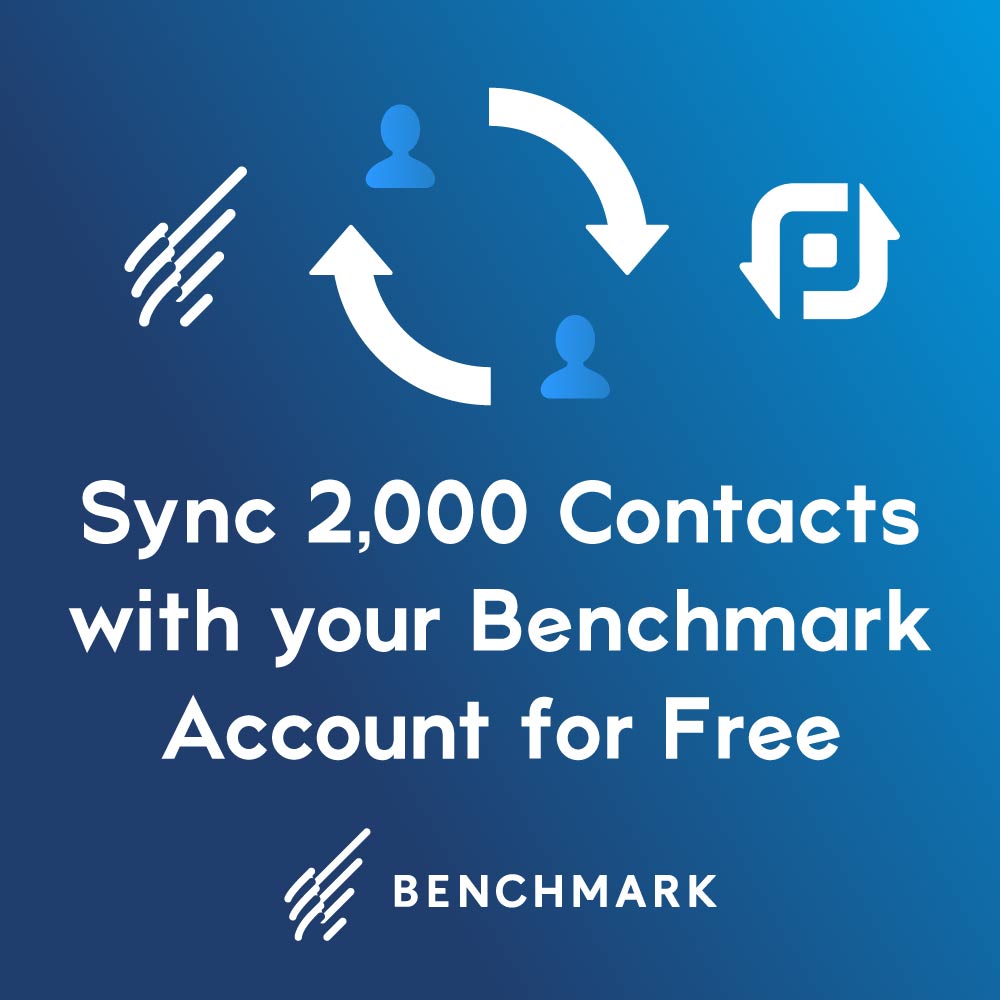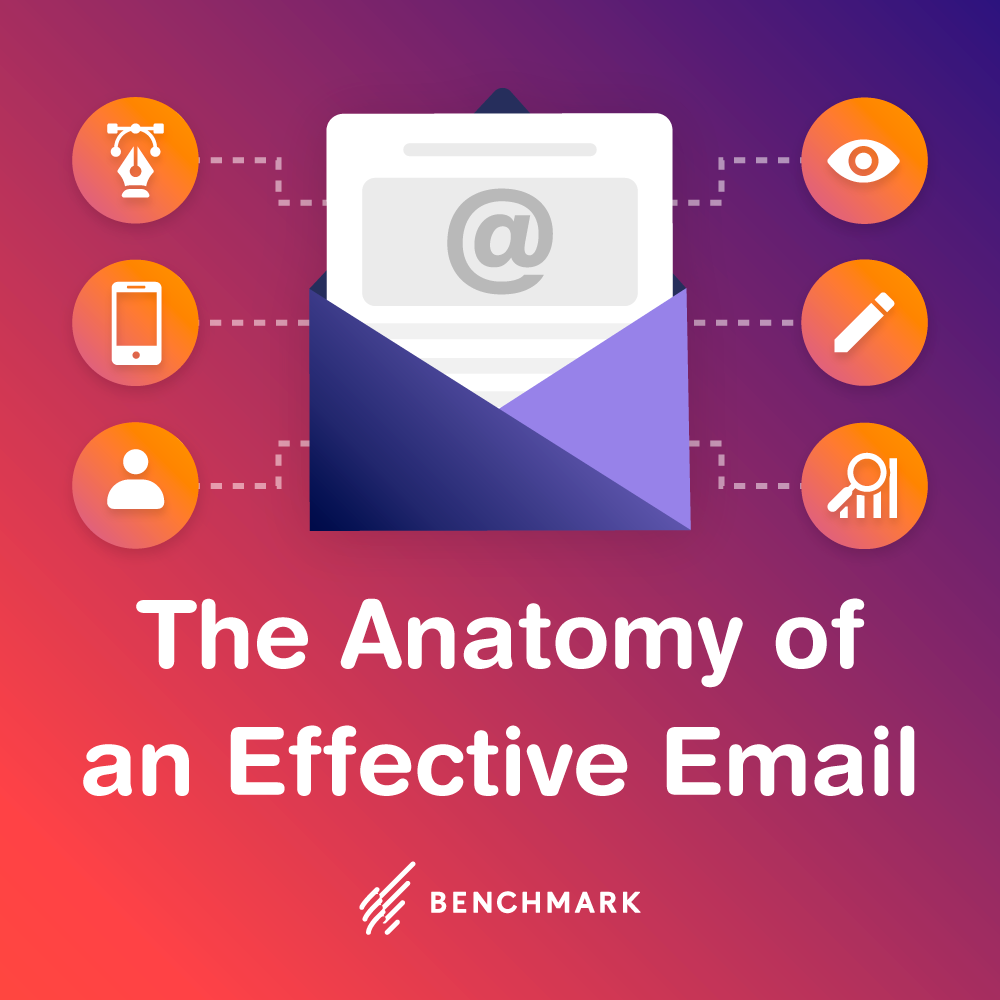Linden Lab Uses Love to Break Down Traditional Office Organization
October 6, 2011 3 min read
Philip Rosedale, founder of the San Francisco-based Linden Lab that created the virtual world game Second Life, spent his teen years exploring the logistics of leaderless systems, fascinated by the emergence of order in an absence of hierarchy. As a young post-grad in his first job, he was repelled by the micromanaging “command-and-control” strategy favored by his employers, and became determined to develop his own brand of corporate culture. Linden Labs is characterized by self-organization and new software to keep employees organized and motivated without relying on traditional modes of delegation and evaluation. Most importantly, Rosedale strives to keep employees happy, driving home the point that a happy employee is more productive and efficient.
Rosedale created two software programs to achieve his office anti-bureaucracy: Worklist and Lovemachine. Borrowing self-organization tenets from Agile and Scrum methodologies, Worklist is a tool that allows individuals to bid on projects, win them and then join up with team members in a live workroom. Lovemachine attempts to introduce market-based price discovery by outsourcing tasks that would be otherwise completed by an in-house group under a traditional bureaucratic structure. In essence, both tools pair people up with the tasks needing completion and allow for increased productivity without a traditional top-down structure.
Worklist introduces seamless, non-delegated achievement modes while LoveMachine takes the leaderless system a step further by allowing employees to commend one another on a job well done by sending e-thank-yous, known as “Loves.” Loves are monetized at $3 per unit, obviating the need for an annual bonus, and are archived so that individual contributions can be tracked over time. The lack of hierarchy encourages more group communication and goodwill, which, in the end, translates to higher achievement and elevated profits.
Indeed, when office environments move away from centralized decision-making modalities and clear-cut job descriptions that pigeonhole workers into specific roles and responsibilities, while encouraging horizontal relationships and advocating policies of open communication, respect and trust are the byproduct. Rewarding innovation and risk is another characteristic of this new office structure, as are new and improved attitudes toward parental leave: though companies are legally required to give new parents up to 12 weeks of unpaid leave, individual corporations are amending their policies to provide employees with more flexible options. And though as a nation we’re not doing much to beef up vacation days, forward-focused organizations are encouraging workers to think outside the box in terms of their vacation schedules, a practice especially flourishing in the accounting industry.
Fostering an egalitarian environment with a focus on employee satisfaction and team practices may seem like a radical shift in office politics. Make no mistake: it is. But even if a business is not ready for a complete corporate overhaul, it’s easy enough to implement some of the main tenets of a horizontal culture. Industry giants like Google, Nike and Netflix have created positive work spaces for employees by incentivizing workers, encouraging them to think not only outside of the box but beyond their job titles, as well as adapting work-from-home, flex and telecommuting options and creating employee acknowledgment systems.
As for Rosedale? He may have put in a tough order to fill, but so far the methods of Linden Labs have proven successful. With commandments in his Tao of LoveMachine like no fear (“take real chances, and fortune will favor you”), do it with style (“if you already know you had one, how would you do it?”) and, finally, love is the answer (“the direction of evolution is toward love”) he certainly seems to be headed in the right direction. At the very least, his employees – in office and online – are happy enough.




